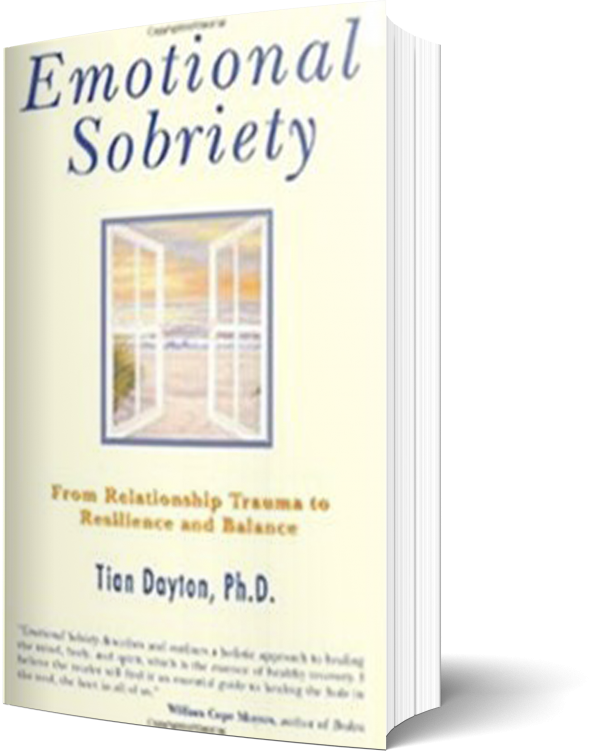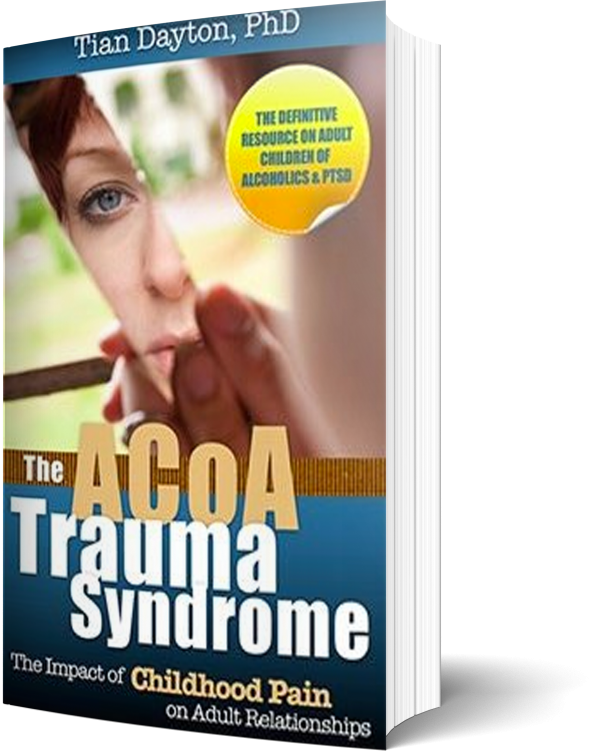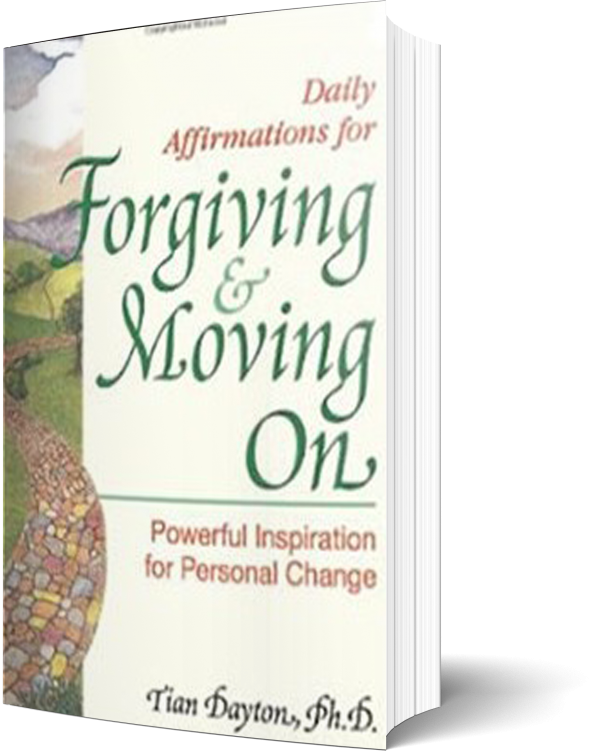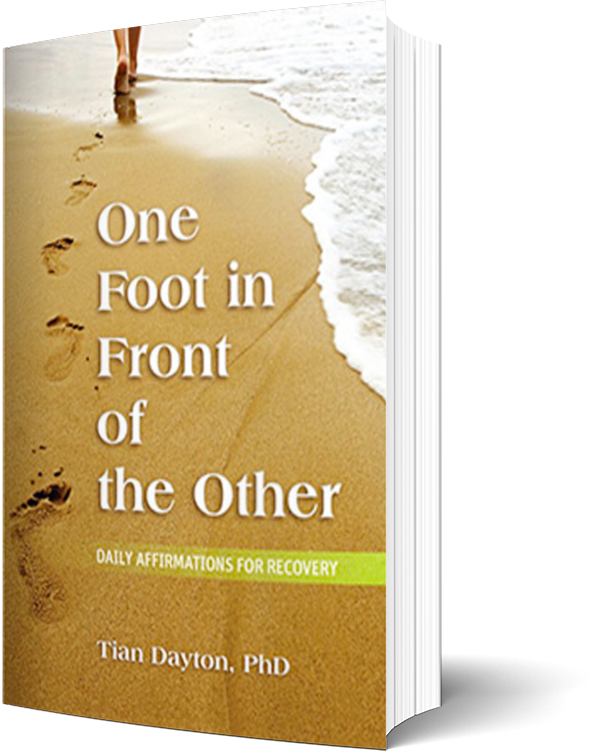The science behind just how and why exercise can help to reduce symptoms of anxiety and depression has been a much studied topic over the last two decades.
In a Duke University research study, published in the October 25, 1999 issue of The Archives of Internal Medicine, exercise was found to be almost as effective as medication in reducing symptoms of depression. In the study, 156 patients diagnosed with major depressive disorder were divided into three groups in order to study the impact that exercise might have on depression:
Group 1. Just did exercise.
Group 2. Just used medication.
Group 3. Used a combination of medication and exercise.
Much to the surprise of the researchers, all three groups, after 16 weeks, showed similar and significant improvements in their depression.
Here are the statistical findings of the study:
– 65.5% of the group who used medication alone, were no longer depressed after 16 weeks.
– 60.4% of the group who did exercise alone, were no longer depressed after 16 weeks.
– 68.8% of the group who did both exercise and medication were no longer depressed after 16 weeks.
The researchers did note that patients who took the antidepressants (in this case Zoloft) saw their symptoms relieved sooner, but by 16 weeks the group differences had virtually disappeared.
Though medication can be a life saver for some and no one wants to suggest otherwise, these studies open the door for other or additional strategies. “One of the conclusions we can draw from this,” according to psychologist and study leader Dr. James Blumenthal, “is that exercise may be just as effective as medication and may be a better alternative for certain patients. While we don’t know why exercise confers such a benefit, this study shows that exercise should be considered as a credible form of treatment for these patients. Almost one-third of depressed patients in general do not respond to medications, and for others, the medications can cause unwanted side effects. Exercise should be considered a viable option.”
Depression also has a social side: people who are depressed or socially anxious tend to isolate. It’s possible, reflected Blumenthal, that the structured and supportive atmosphere of the exercise program could have contributed to improving the symptoms of the exercise group.
Blumenthal feels that exercise may be beneficial because patients are actually taking a proactive role in their own physical and psychological health. “Taking a pill is… passive,” says Blumenthal. “Patients who exercised may have felt a greater sense of mastery over their condition and gained a greater sense of accomplishment. They may have felt more self-confident and had better self-esteem because they were able to do it themselves, and they may have attributed their improvement to their ability to exercise. These findings could change the way some depressed patients are treated, especially those who are not interested in taking antidepressants,” Blumenthal said. “Although these medications have been proven to be effective, many people want to avoid the side effects or are looking for a more ‘natural’ way to feel better.”
Kristin Vickers-Douglas, a psychologist at the Mayo Clinic, adds that exercise is “not a magic bullet, but increasing physical activity is a positive and active strategy to help manage depression and anxiety.”
What Happens in the Body?
When we exercise, our bodies release certain mood-enhancing endorphins. Endorphins trigger a positive feeling in the body, similar to that of morphine. These feelings of euphoria, sometimes associated with a “runner’s high,” may contribute to our good feelings about ourselves and our lives.
Endorphins also act as sedatives actually diminishing our perception of pain. They are manufactured in our brain, spinal cord, and many other parts of our bodies. Not coincidently, the neuron receptors that endorphins bind to are the same ones that bind some pain medicines. However, unlike with morphine, the activation of these receptors by the body’s own endorphins does not lead to addiction, dependence or negative lifestyle patterns.
Exercise boosts the brain’s feel-good endorphins, releases muscle tension, improves sleep, and reduces levels of the stress hormone cortisol. It also increases our body temperature, which may have a calming effect. All of these changes in our mind and body can improve such symptoms as sadness, anxiety, irritability, stress, fatigue, anger, self-doubt, helplessness and hopelessness that are associated with depression.
“Small bouts of exercise may be a great way to get started if it’s initially too hard to do more,” Dr. Vickers-Douglas says. Though the research suggests that it may take at least 30 minutes of exercise a day three to five times a week to significantly improve depression symptoms, any amount of activity, as little as 10 to 15 minutes at a time, can still improve mood in the short term.
Regular exercise has been proven to help us:
– Reduce stress
– Ward off anxiety and feelings of depression
– Boost self-esteem
– Improve sleep
Exercise also:
– Strengthens the heart.
– Lowers blood pressure.
– Improves muscle tone and strength.
– Strengthens and builds bones.
– Reduces body fat.
– Increases energy levels.
– Helps with over all fitness.
Research also shows that we’re more likely to maintain good exercise habits if we get exercise to fit into our lives, say by walking or biking to work or walking, jogging or playing a sport with friends. Some forms of exercise that are user-friendly are:
– Biking
– Dancing
– Gardening
– Housework
– Jogging at a moderate pace
– Low-impact aerobics
– Golf (walking the course)
– Playing tennis
– Swimming
– Walking
– Yard work
– Yoga
“Don’t wait for will power to begin exercising,” says Dr. Vickers-Douglas. “Some people think they need to wait until they somehow generate enough willpower to exercise. But waiting for willpower or motivation to exercise is a passive approach, and when someone has depression and is unmotivated, waiting passively for change is unlikely to help at all. Focusing on a lack of motivation and willpower can make you feel like a failure. Instead, identify your strengths and skills and apply those to taking some first steps toward exercise.” People who feel anxious feel a perceived lack of control over their lives. They feel, in other words, out of control. Both anxiety and depression can make us feel helpless, which can lead to more anxiety and depression. It’s a catch 22. Exercise is proactive. Along with the obvious physiological benefits, it is helpful psychologically to feel that we can do something each day to help ourselves. So walk, bike, play a sport, go to a yoga class or dance around your house to your favorite music. It’s fun, relaxing and good for you body, mind and soul.





